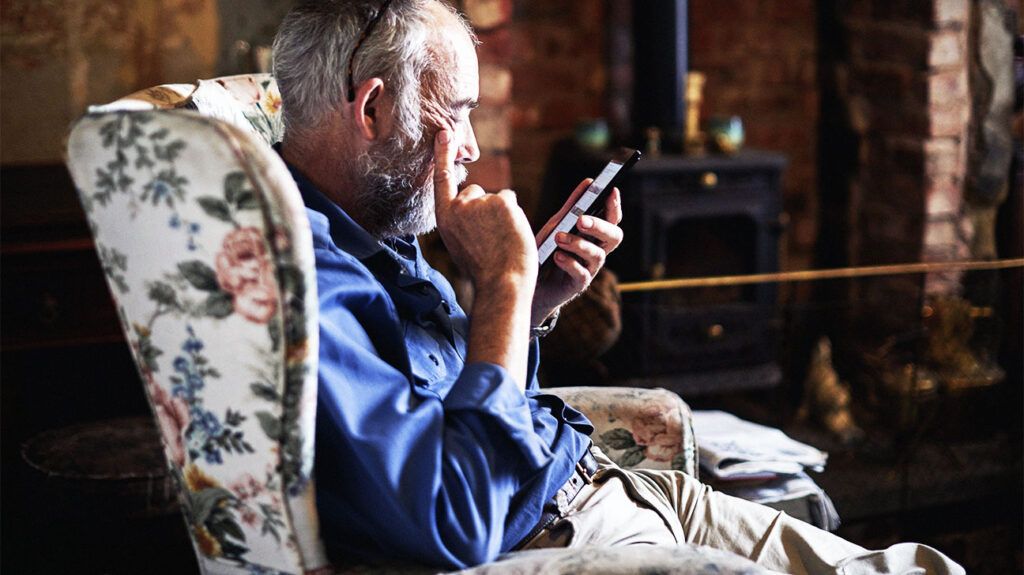If a person experiences a heart attack alone, they must call 911 immediately. People should also take an aspirin if they have one, open their front door if they are indoors, and lie down and rest near the door while waiting for emergency services.
Many people experience a heart attack in their lifetime. While there are many ways to reduce the risk of having one, there is no way someone can stop one on their own. If an individual suspects they may be experiencing a heart attack, or they have signs of an imminent attack, they must contact the emergency services immediately.
Time is key in increasing the likelihood of survival. Getting help immediately, taking an aspirin, and guaranteeing access to the paramedics by opening the front door in warm or mild weather when indoors can significantly help surviving a heart attack alone.
This article explores what someone can do to increase their likelihood of survival if they experience a heart attack alone. It also discusses the signs they may experience before and during a heart attack and how people can reduce their risk of having one.

Heart attacks are common and can be life threatening. Around every
While people cannot stop their heart attacks on their own, a quick response is key to improving an individual’s likelihood of survival. If a person experiences the signs of a heart attack, they must call the emergency services immediately to get proper treatment as soon as possible.
Fast facts about heart attack
- Common signs of a heart attack include chest pain, shortness of breath, and back, shoulder, arm, jaw, or neck pain.
- Females may experience different symptoms from males for a heart attack, such as nausea.
- Seeking emergency medical care when experiencing any signs of a heart attack can save a person’s life and may help prevent permanent further damage to the heart.
If someone experiences any symptoms or signs of a heart attack, they
If a person experiences signs of a heart attack, they can take aspirin after they have called the emergency services unless they are allergic to it. This is because aspirin
However, aspirin can have side effects, including bleeding in the stomach. People can ask if they should take aspirin to the emergency services while they are on the phone with them.
After contacting the emergency services and opening the front door to allow access to the paramedics, a person needs to try to remain calm and rest while waiting for help. This can help relieve pressure from their heart.
People can sit or lie down on the floor, depending on what they find more comfortable. Loosening tight clothing, such as belts and ties, can make breathing easier during a heart attack.
A person can focus on taking slow, deep breaths and relaxing as much as possible while waiting for the ambulance, avoiding coughing repeatedly or forcefully.
Some people say that certain techniques, such as cough CPR, may help stop heart attacks by keeping the blood flowing around the body. However, the
This is because most people who experience a heart attack do not have a cardiac arrest, and performing cough CPR can worsen the heart attack. A person who experiences a heart attack must call the emergency services immediately.
The signs of a heart attack
- chest pain or discomfort
- shortness of breath
- weakness
- lightheadedness
- feeling faint
- back, shoulder, arm, jaw, or neck pain
The signs and symptoms of a heart attack
- nausea
- vomiting
- tiredness
A note about sex and gender
Sex and gender exist on spectrums. This article will use the terms “male,” “female,” or both to refer to sex assigned at birth. Click here to learn more.
Learn more about the signs of a heart attack in males and females.
There are several lifestyle changes people can make to help lower their risk of heart attacks,
- Eating a balanced diet: Including plenty of fruit and vegetables in the diet and reducing the consumption of fatty and fried foods can help reduce the risk of heart disease and heart attack.
- Exercising regularly: Doing 75 minutes of vigorous exercise or 150 minutes of moderate exercise per week can lower the risk of heart events.
- Maintaining a moderate body weight: This can decrease the risk of heart attack or other cardiac events.
- Avoiding smoking: Smoking is
a known risk factor for heart disease and can increase the risks of experiencing a heart attack. - Getting enough sleep and managing stress levels: Both stress and tiredness can increase the risk of heart attack. Making sure to get enough rest every day and managing stress levels can decrease the risk of cardiac events.
- Treating other health conditions: Treating other underlying conditions, such as hypertension, diabetes, or high cholesterol, can help reduce the risk of health complications that can lead to heart attacks.
- Following up with a healthcare professional: Noticing early symptoms, such as chest pain, is important for preventing future heart attacks. Talking with a healthcare professional about a referral to a cardiologist can also lower the risk.
People who experience symptoms of a heart attack must contact the emergency services immediately. If a person is alone, they should also open their front door if they are indoors to make sure the paramedics have access to their property and can provide them with medical attention in case they faint.
There is no method to stop a heart attack without receiving medical attention. People should contact 911 even if they are unsure whether they are experiencing the signs of this cardiac event.
